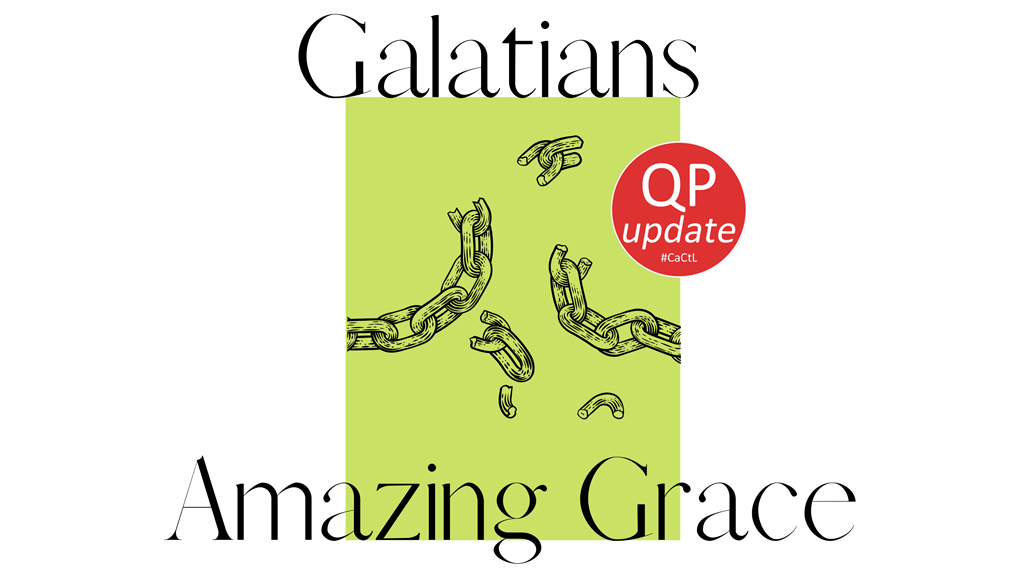“It was the best of times, it was the worst of times, it was the age of wisdom, it was the age of foolishness, it was the epoch of belief, it was the epoch of incredulity, it was the season of Light, it was the season of Darkness, it was the spring of hope, it was the winter of despair.”
So begins Dickens novel “A Tale of Two Cities”, and so we might describe such days as we are living in.
As our weather strives to find its way from one season to the next, it matches this cultural moment, as the 21st-century wavers between a spring of hope and winter of despair. Sadly, it seems to me, it is all too easy to overlook the flickers of hope amidst the pervasive gloom of war, pandemic, economic hardship, and environmental threats.
Nevertheless, here are some glimmers of joy in the darkness:
Thank you for your wonderful response to our global focus offering and our appeal for Ukraine. A reminder of the figures:
Global Mission: £11000,
Ukraine: £7000! Amazing.
We delight too in Mark and Claire’s wedding this week, and for several others in the pipeline and the prospect of mask-free celebrations.
Staying with the pandemic. For the first time since 22 March 2020, there will no longer be any Covid restrictions in places of worship. Nevertheless, we want to remain respectful and helpful to those of us who need or prefer to be in a masked environment. So, we have allocated a designated area on Sunday mornings for those of us who would prefer to be around people wearing masks.
Now the sadness:
We continue to grieve with Oliver Galbraith’s family and so many who have endured loss in this tough season.
Many of us are now seeing the pressure of rising bills hit our personal finances and facing the worry that brings. Please remember that we have a fellowship fund administered by the pastors which can be used to assist one another in facing financial challenges.
Of course, it’s the unspeakable events played out daily in Ukraine that are most troubling. These scenes of horror are the latest in a litany of tragedies and trauma that remind us of the gross inhumanity that humanity is proficient in and the reality of evil in our world.
Easter is coming and as we survey the wondrous cross, it serves to remind us that we humans are capable of the most heinous evil and barbarity. That we humans could reject, torture, and eliminate our loving creator shows that we are capable of anything. Yet it is on the ghastliest of human days when evil did its worst that God in Christ condemns and conquers sin. The effects of this moment have transformed human hearts and history ever since.
This is not simply my assessment. I have greatly enjoyed reading Tom Holland’s fantastic book “Dominion: How the Christian Revolution Remade the World”. He advances his argument not as a Christian apologist but as an academic historian: The death of Jesus on the cross is the greatest influence upon our contemporary civilisation that there is, the world is changed for the better through the cross. Or, in his own words:
“The cross, that ancient implement of torture, remains what it has always been: the fitting symbol of the Christian revolution. It is the audacity of it—the audacity of finding in a twisted and defeated corpse the glory of the creator of the universe—that serves to explain, more surely than anything else, the sheer strangeness of Christianity, and of the civilization to which it gave birth. Today, the power of this strangeness remains as alive as it has ever been. It is manifest in the great surge of conversions that has swept Africa and Asia over the past century; in the conviction of millions upon millions that the breath of the Spirit, like a living fire, still blows upon the world; and, in Europe and North America, in the assumptions of many more millions who would never think to describe themselves as Christian. All are heirs to the same revolution: a revolution that has at its molten heart, the image of a god dead on a cross.” ― Tom Holland,
May you find hope in these bleak times, in and through the revolution won at the cross.
Iain
